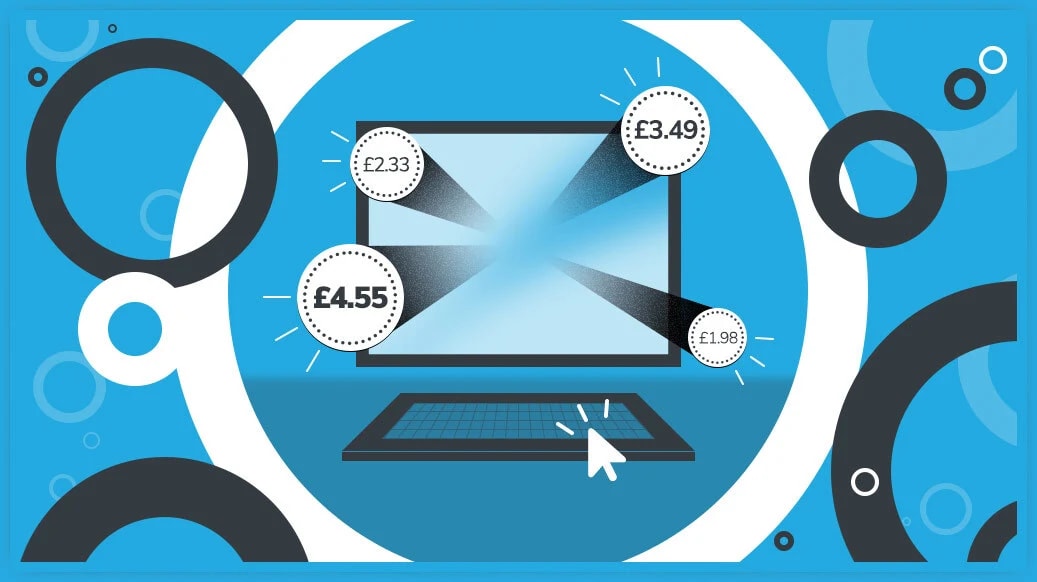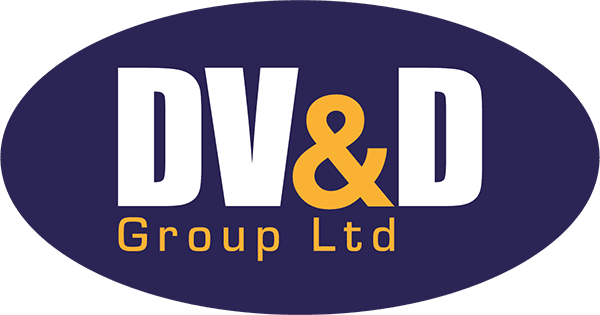In digital marketing, CPC charges can be unpredictable. From sudden spikes during peak seasons, increased competition and shifting market trends often drive-up costs, making it feel like CPC is out of your control.
However, by adopting a clever strategy and staying proactive, you can stay on top of these changes, keeping your campaigns both impactful and cost-efficient.
What Are CPC Charges?
CPC, or cost-per-click, is the amount you pay each time someone clicks on your online ad. It’s a key metric in pay-per-click (PPC) advertising, determining how much of your budget is spent to drive traffic to your website. While CPC rates vary depending on factors like keywords, competition and ad relevance, they’re a vital part of managing successful campaigns.
Why Are CPC Charges Increasing?
Several factors influence CPC, many of which are outside of your control:
CPC charges often rise during high-demand periods like Black Friday, Christmas, or other peak shopping seasons. More advertisers are bidding for the same audience, which naturally drives up costs!
The digital landscape is constantly changing. New players entering your niche can disrupt auction dynamics, potentially increasing your CPC.
Google and other ad platforms occasionally update their algorithms, impacting how bids are calculated and influencing CPC rates.
What Can You Control?
While external factors play a role, there are several areas where you do have control to manage CPC more effectively.
Check Google Trends
When CPC spikes, consult Google Trends to see if search interest aligns with the increase. This data can help you decide if the demand is seasonal, competitive or a broader trend worth investing in.
Monitor Auction Insights
Google Ads’ auction insights provide a snapshot of your competitors’ activity. Are they appearing more frequently? Are their impressions overlapping with yours? Be sneaky and use this data to refine your bidding strategy.
Evaluate Competitors
When new competitors emerge, take a closer look at their tactics. Are they offering discounts, targeting specific keywords or creating compelling ad copy? Understanding their approach can help you differentiate your ads and stay competitive.
Focus on Ad Optimisation
A well-optimised PPC ad campaign is your best defence against high CPC. Regularly review:
Make sure it’s engaging and relevant.
Fine-tune your audience to avoid unnecessary spend.
Make sure they’re suited to your ads and encourage conversions.
Adjusting Your Strategy
Sometimes, spending more is unavoidable. For instance, if a competitor’s aggressive bidding threatens your visibility during a peak season, temporarily increasing your budget will help maintain your market share.
However, this doesn’t mean throwing money at the problem. Instead, adopt a smart bidding strategy, like:
Focus on getting the most value for your spend.
Prioritise actual leads or sales rather than just clicks.
Don’t Forget Organic Search
While CPC campaigns are powerful, they’re not your only option. Organic search remains a reliable way to drive traffic without paying per click. Invest in high-quality content, optimise your SEO and regularly update your website to complement your paid efforts.
The Bottom Line
CPC charges aren’t entirely within your control, but they don’t have to dictate your success. By staying informed, optimising your PPC advertisements and being open to strategic spending, you can navigate CPC fluctuations with confidence.
Remember, digital marketing isn’t just about reacting to trends—it’s about preparing and planning for them.
Need help managing your ad spend or developing a winning strategy? Looking for a PPC management services in Chichester? Website Success are here to help!
Click here or call our digital marketing agency today on 01243888555 .














